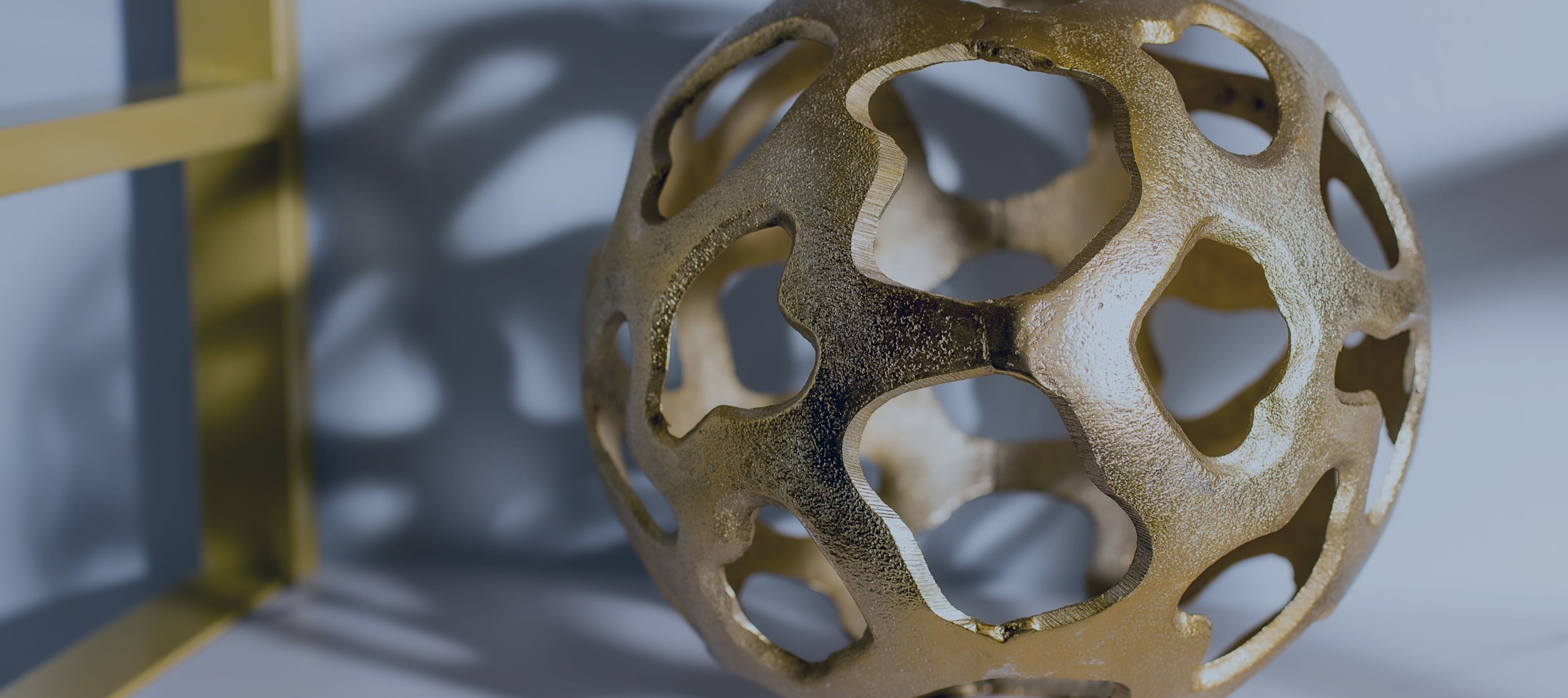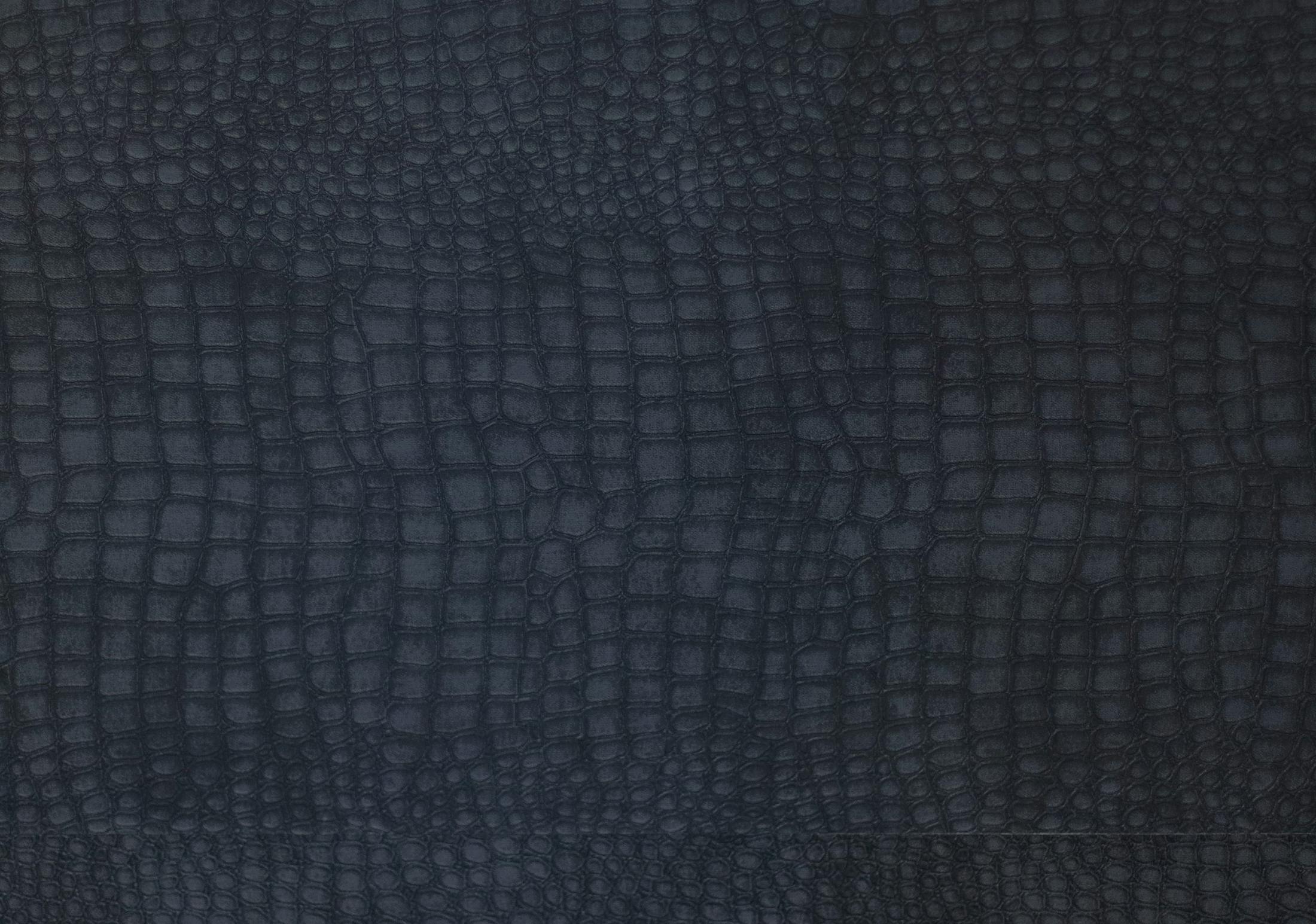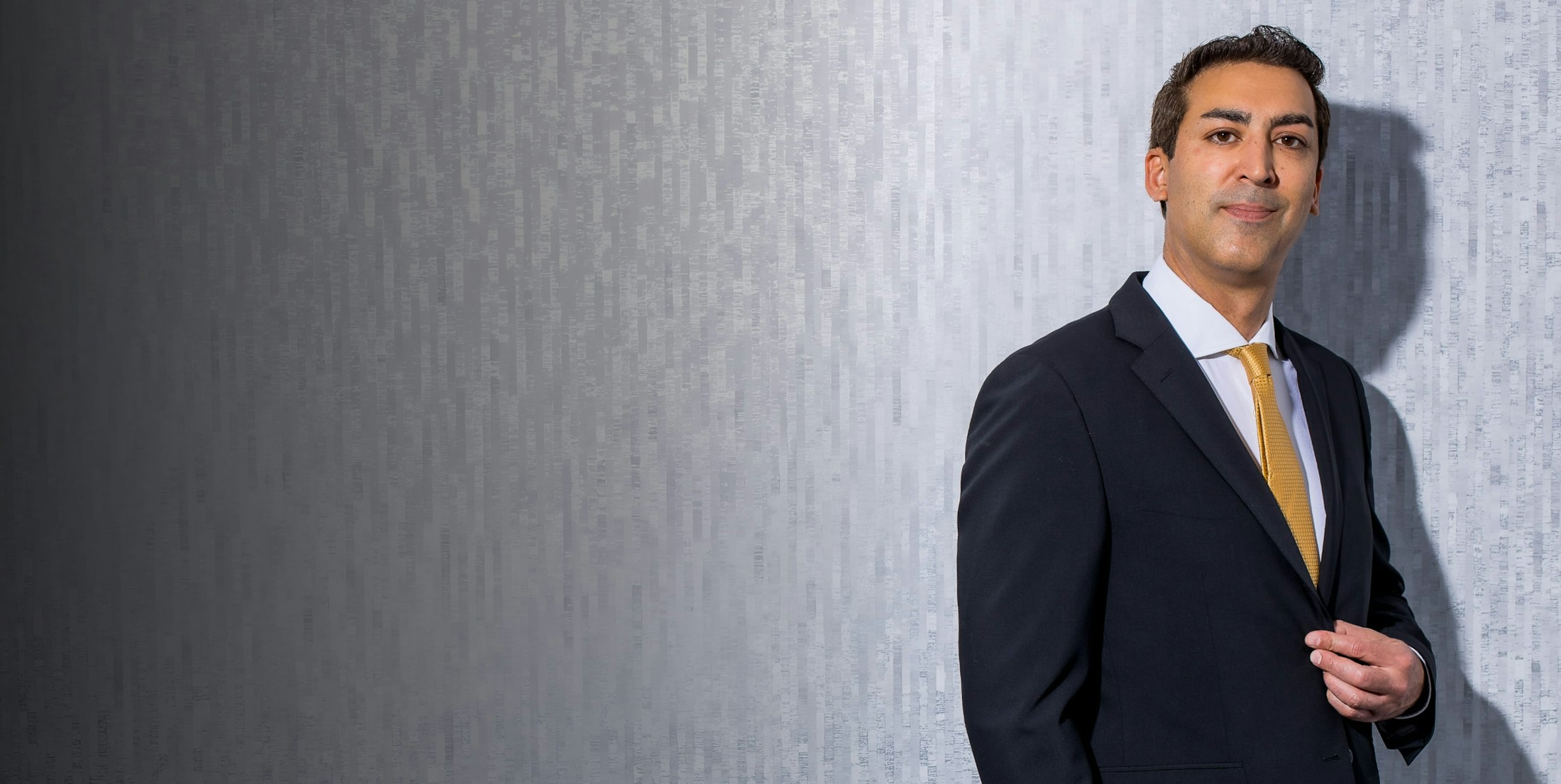At Elevate Plastic Surgery, we offer Dupuytren's contracture treatment in Thousand Oaks, to help alleviate the frustration associated with this condition.
What Is Dupuytren's Contracture?
Dupuytren's Contracture is a condition that causes the tissue beneath the skin of the palm to thicken and form nodules. These nodules can eventually develop into cords that pull the fingers inward, making it difficult to straighten them. This condition most commonly affects the ring and little fingers, but it can also affect the middle finger.
Dupuytren's Contracture is more common in men than women and usually affects people over the age of 50. It is also more common in people of Northern European descent. While the exact cause of Dupuytren's Contracture is unknown, there are some risk factors that may increase your chances of developing the condition.
These include the following:
- Family history of Dupuytren's contracture
- Age
- Gender (male)
- Northern European descent
- Diabetes
- Alcoholism
- Smoking





